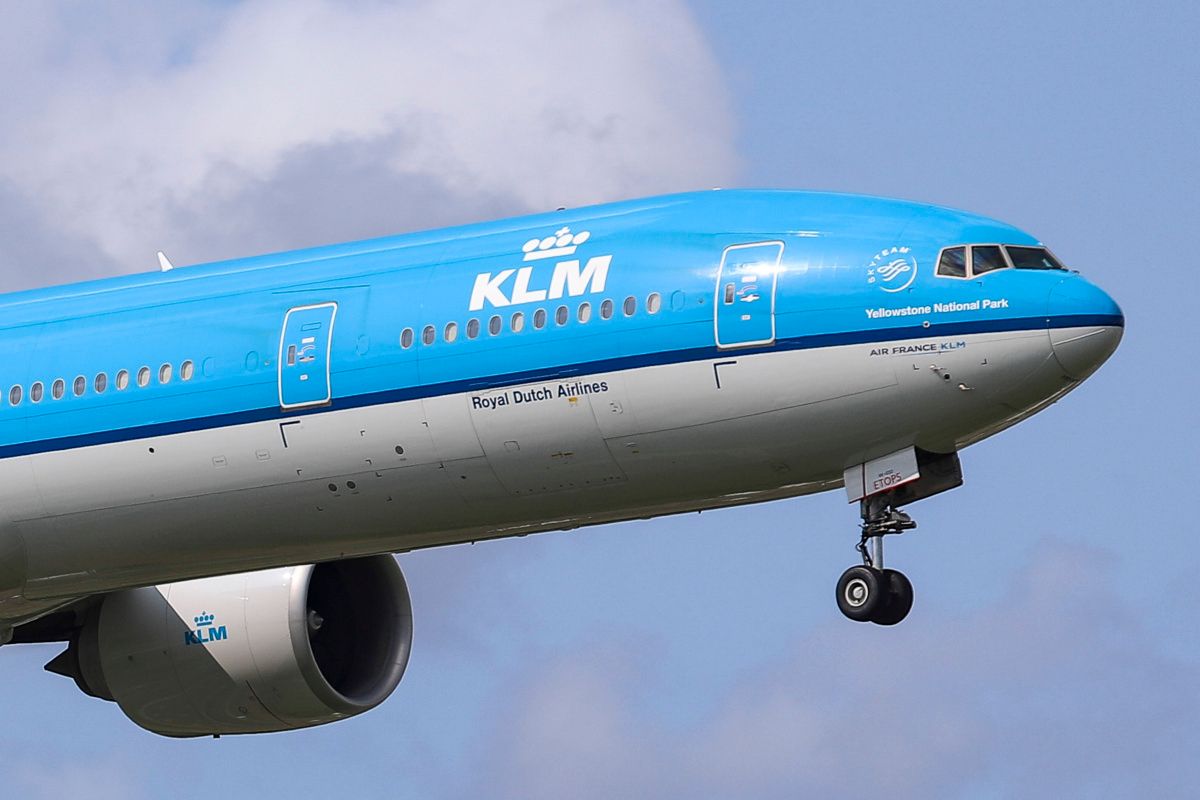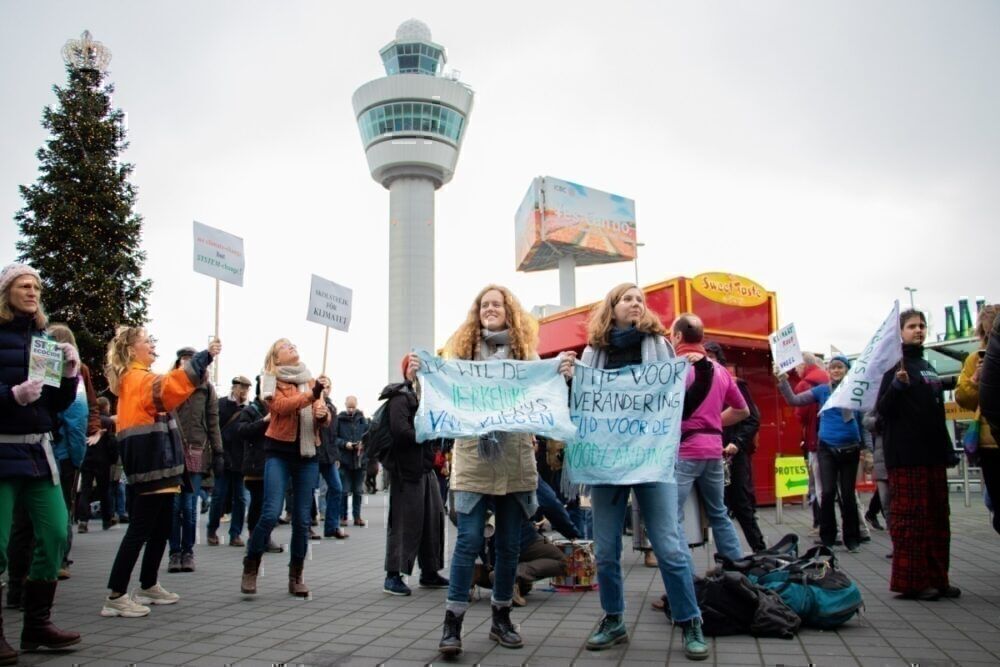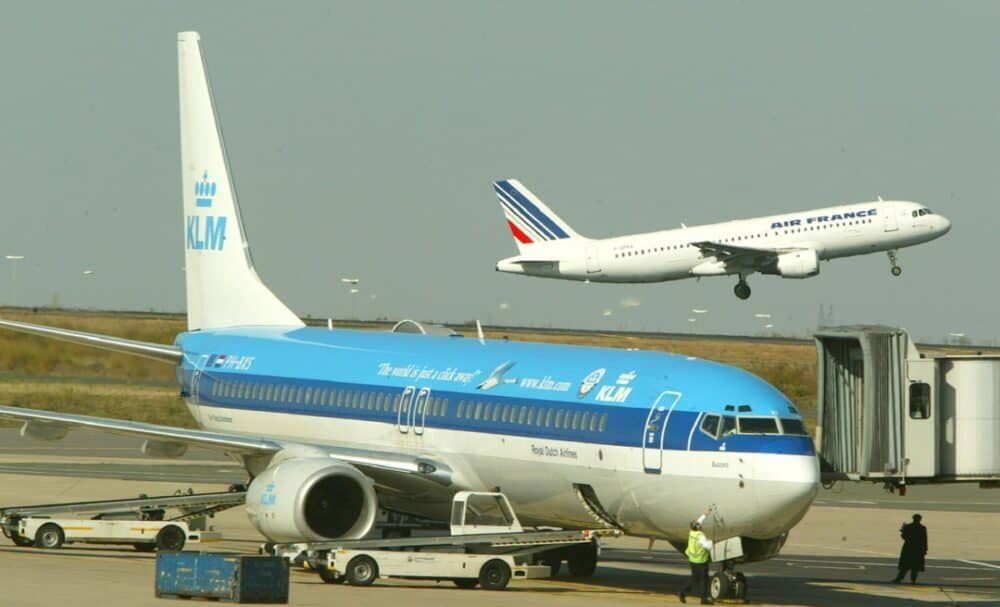Greenpeace's demand to stop a state aid package granted to KLM has today been dismissed by a Dutch court. The international organization says that the environmental conditions placed on the bailout package were not enough, but the court disagreed.
Greenpeace demands went too far
As reported by Reuters on December 9, a Dutch court has rejected Greenpeace's demand to block $4.12 billion (€3.4 billion) of state aid granted to the Netherlands’ flag carrier KLM earlier this year. One of the bailout terms is that the airline must cut its greenhouse gas emissions from 2005 levels by 50% by 2035.
However, the environmentalist group claimed that the noise pollution and environmental conditions attached to the bailout did not go far enough. It demanded a falling CO2 ceiling, fewer flights, and that short-haul flights be replaced by trains. The organization said it was the government’s duty to protect its citizens and reduce these emissions as much as possible.
In rejecting Greenpeace’s demands, the court said that they went further than the internationally agreed climate goals for the aviation industry. Additionally, the majority of pollution caused by KLM results from international flights. The Dutch government can only be held responsible for emissions within the Netherlands.
The long-running Greenpeace battle
Greenpeace has been campaigning against KLM throughout this year. In May, members of the group occupied a runway at Schiphol Airport. When the airline's bailout was announced, Greenpeace threatened court action, saying that the Dutch government should put the money to use for different, more environmentally friendly purposes. The organization said in a statement at the time,
“KLM is a major polluter. Hence, the support package must be canceled. If the government doesn’t change its plans, we will go to court.”
Greenpeace was true to its word and the case was heard at a court in The Hague in November. The group demanded that there needed to be a greater cut in CO2 emissions because, with the continued increase in passenger numbers, the government’s targets would not reduce total emissions. A Greenpeace lawyer told the court,
“Climate change is dangerous and is happening now. The government has missed the chance to deal with pollution caused by aviation now.”
The Dutch government said that the environmental conditions of the aid package were comparable to international trade agreements. Imposing stricter terms would hinder rescue efforts for the airline. An order for an immediate halt to the funding would harm KLM’s ability to borrow money and put the company at risk of bankruptcy.
A difficult year for KLM
Along with many of the world’s airlines, KLM has suffered a turbulent year. In October, Air France-KLM reported losses of over €440 million for the third quarter of 2020. The bailout packages from the French and Dutch states provided much-needed liquidity.
However, the state aid for KLM was at risk when the government froze the loan package. The carrier had failed to reach agreements with unions over reducing labor costs, with pilots rejecting a wage freeze that would last until 2025. The bailout got back on track when KLM finally secured the cooperation of the Dutch Airline Pilot Association, enabling the airline to fulfill the terms of its restructuring plan.
Do you agree with the Dutch court's decision? Let us know in the comments.



